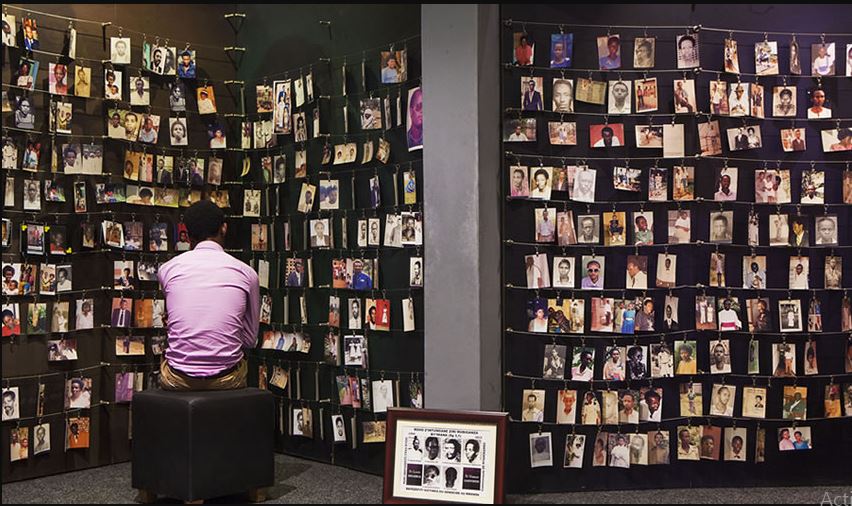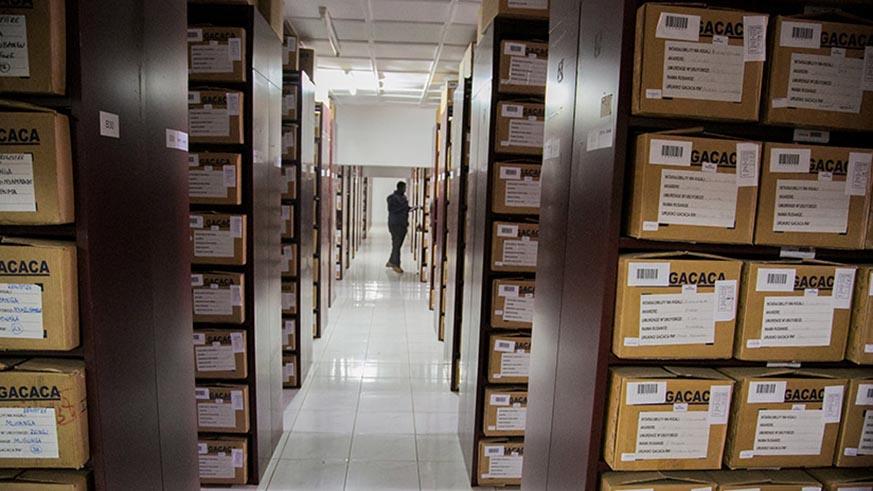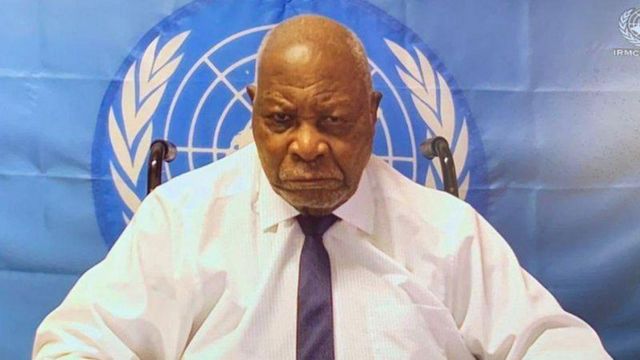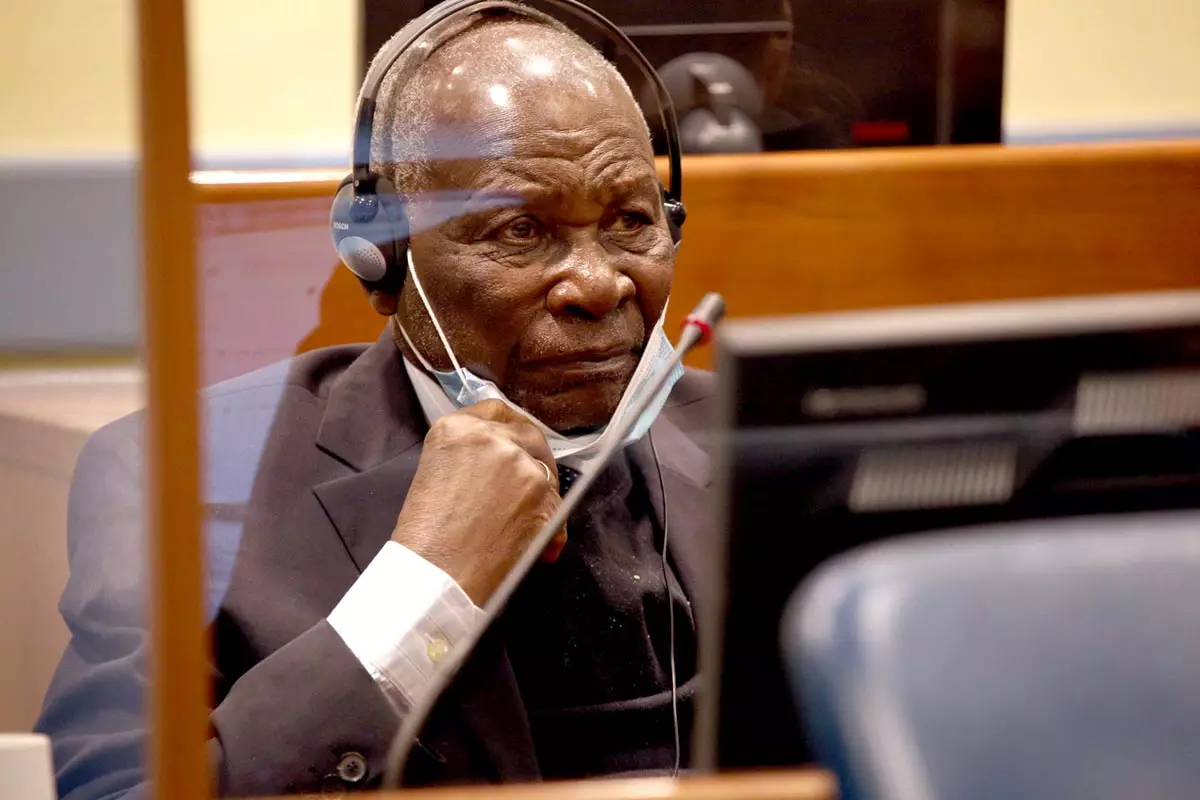Regional
Rwanda Genocide Memorials on UNESCO World Heritage List; monumental stride in battle against genocide denial

On
September 20, the United Nations Educational, Scientific, and Cultural
Organization, officially inscribed four memorial sites associated with the 1994
Genocide against Tutsi in Rwanda on its prestigious World Heritage List. These
sites include Gisozi, Bisesero, Nyamata, and Murambi Genocide Memorial sites.
The
announcement marked an important step in the ongoing battle against the denial
of the genocide against the Tutsi in 1994 in Rwanda.
The
act of UNESCO's recognition and registration of these memorial sites transcends
mere acknowledgment; it offers an authoritative and internationally recognized
documentation of the Genocide against Tutsi.
This
documentation serves as a crucial weapon against denialist narratives that seek
to distort or deny the painful reality of the Genocide against the Tutsi.
Denialism, a dangerous form of revisionism, has been on the rise in recent
times, particularly in the Great Lakes Region, including the Democratic
Republic of Congo (DRC), driven by political interests and hate speech against
the Tutsi population.
The
inscription of these memorial sites on UNESCO's World Heritage list signifies
an unwavering commitment to historical accuracy and the legitimacy of the
genocide. These sites will play a pivotal role as educational tools, providing
a platform for people worldwide to learn about the history and profound
consequences of genocide.
This
educational aspect is essential for fostering a deeper understanding of the 1994
Genocide. By educating people about the horrors of genocide, these memorial
sites contribute to the prevention of future atrocities by instilling a strong
sense of empathy and intolerance towards hatred and prejudice.
The
significance of UNESCO's recognition goes beyond historical documentation and
education. It serves as a means to preserve the memory of the victims and
ensure that the world does not forget the horrors that transpired during those
fateful months of April to July in 1994.
Genocide
memorial sites are more than just physical places, they are symbols of
remembrance. By registering them, UNESCO ensures that their legacy endures for
future generations. This resilience makes it more challenging for denialists to
erase or distort history and perpetuate hatred. Additionally, UNESCO's
recognition sends a resounding message to the international community that the
reality of the genocide is irrefutable.
It
strengthens the collective stance against revisionist narratives and the
dangerous politics of denial that seek to exonerate the perpetrators and blame
the victims.
When
the international community unites against denial and distortion of past
genocides, it sends a powerful message that such heinous crimes will not be
tolerated. This message, in turn, strengthens the legal and moral obligations
of countries and individuals to acknowledge and condemn genocide, including the
pursuit of justice for the fugitives who remain hidden across the globe.
UNESCO's
involvement also promises to invigorate research and documentation related to
the genocide. Scholars, historians, and organizations may be more motivated to
study and chronicle the events surrounding the Genocide against Tutsi and its
profound impact on society.
This
scholarly engagement contributes to a broader and more accurate understanding
of the genocide, helping to counteract denialist claims with well-documented
evidence.
Ultimately,
by acknowledging and remembering past genocides, UNESCO's involvement
contributes to the prevention of future genocides. It underscores the vital
importance of early warning systems, international intervention, and conflict
prevention to avoid the repetition of such horrors. It serves as a collective
reminder that the world must remain vigilant to prevent the recurrence of such
devastating events.
The
registration of genocide memorial sites by UNESCO represents a monumental
stride in the ongoing battle against denial. It provides a meticulously
documented historical record, promotes education and awareness, preserves the
memory of the victims, prevents revisionism, upholds legal and moral obligations,
fosters reconciliation, and serves as a potent deterrent against future
genocides.
Doing so ensures that the lessons of the past are not forgotten and that the memory of the victims is respected and honored.







